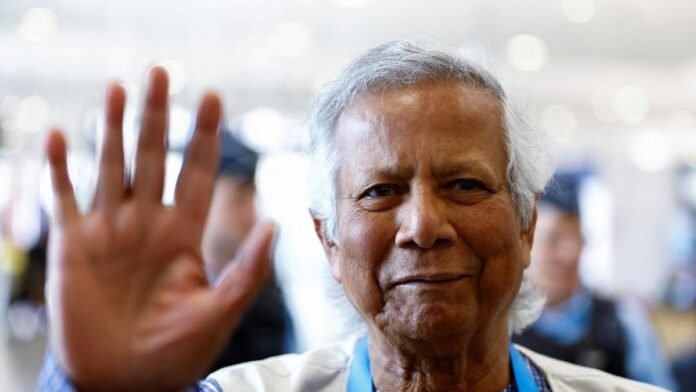Mahfuz Alam, a former adviser to Muhammad Yunus’s interim government in Bangladesh, has ignited a storm of controversy after a provocative Facebook post on December 16, coinciding with India’s Vijay Diwas—a day commemorating its victory over Pakistan in the 1971 war. In the now-deleted post, Alam suggested that Bangladesh has cultural and historical grounds to “capture” parts of Eastern India, citing alleged shared heritage and grievances against India’s policies toward Bangladesh.
Claims Rooted in Historical Grievances
Alam argued that the creation of East Pakistan in 1947 was driven by perceived discrimination by Indian upper-caste Hindus and Hindu nationalists. He further accused India of adopting policies aimed at “containing” and “ghettoizing” Bangladesh since its independence in 1971. Referring to the assassination of Bangladesh’s founding leader Sheikh Mujibur Rahman in 1975 and the recent ousting of Sheikh Hasina’s government in 2024, he called for “new geography and systems” to achieve what he described as true independence for Bangladesh.
Backlash and Retraction
The post triggered a wave of outrage on social media and among political circles. Critics from both India and Bangladesh condemned the statement, warning of its potential to inflame bilateral tensions. Realizing the implications of his comments, Alam deleted the post within hours. However, the damage had already been done, as screenshots of the post circulated widely online.
Potential Diplomatic Fallout
Alam’s remarks have raised alarm about the future of India-Bangladesh relations. With Muhammad Yunus leading an interim government during a politically turbulent period in Bangladesh, the controversial statement risks straining ties further. India, already cautious about its eastern neighbor due to recent political instability and cross-border challenges, has yet to issue an official response.
International and Domestic Reactions
The international community has largely viewed Alam’s comments as inflammatory and unhelpful. Diplomats in the region are urging both sides to exercise restraint and focus on strengthening ties. Domestically, public opinion in Bangladesh appears divided. While some fringe groups have supported Alam’s rhetoric, the majority, including political analysts, have criticized the remarks as irresponsible.
Broader Implications
The controversy underscores the delicate nature of India-Bangladesh relations, which have historically been marked by cooperation on issues like trade and border management but occasionally marred by tensions over water sharing, migration, and political alignments. Alam’s comments also reflect deeper frustrations within certain sections of Bangladeshi society regarding regional geopolitics and historical grievances.
As Muhammad Yunus’s interim government grapples with rising inflation, minority rights concerns, and political unrest, incidents like this only add to the challenges of maintaining internal stability and fostering positive regional ties.
Questions Arising
- How will the Indian government officially respond to Alam’s statement?
- Could this incident influence future policies between India and Bangladesh?
- What role will the international community play in easing tensions?
- How does Muhammad Yunus’s leadership impact the political climate in Bangladesh amid these controversies?
The incident serves as a stark reminder of the power of words in shaping international relations, especially during times of domestic and regional turmoil.



